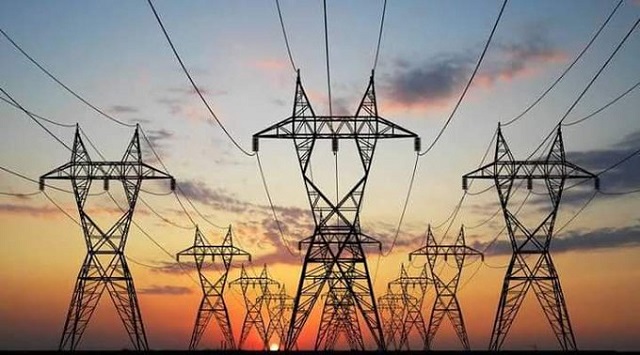
Senegal and Kenya have jointly claimed the top position in the 2024 edition of the African Electricity Regulatory Index (ERI), scoring 0.892 points each, according to a new report released by the African Development Bank (AfDB).
The announcement came during the African Energy Forum held this week in Cape Town, South Africa.
Now in its seventh edition, the ERI assesses the regulatory environments of 43 African countries, measuring performance across three key dimensions: regulatory governance, regulatory substance, and regulatory outcomes.
Both Dakar and Nairobi earned top marks, highlighting their consistent efforts in strengthening institutional frameworks and enhancing service delivery in their power sectors.
Uganda, Liberia, and Niger rounded out the top five performers.
Notably, Niger recorded one of the most significant improvements among all countries, reflecting the impact of far-reaching reforms aimed at boosting transparency, accountability, and efficiency in its electricity sector.
The 2024 results indicate a continent-wide leap in regulatory progress. Forty-one of the 43 countries assessed scored above 0.5 in regulatory governance—an impressive jump from just 24 countries in 2022.
In parallel, the number of underperforming nations (those with scores below 0.500) dropped dramatically from 19 to 6.
“The 2024 ERI shows that African regulators are stepping up their efforts. This development is essential to achieving Mission 300 by connecting 300 million people to electricity by 2030,” said Kevin Kariuki, Vice President for Electricity at the AfDB.
A particularly notable advancement in this year’s edition is the inclusion of regional regulatory bodies, reflecting their growing importance in harmonizing technical standards and facilitating cross-border electricity trade.
The regulatory outcomes category recorded the most significant improvement, with the average score climbing from 0.40 in 2022 to 0.62 in 2024.
This demonstrates that reforms are not only being enacted but are translating into measurable improvements in electricity access and service quality.
However, the report also underscored persistent challenges.
The need for regulatory independence, financial viability of public utilities, and the integration of off-grid solutions remain critical priorities for national policymakers and development partners.
Launched in 2018, the ERI serves as a strategic tool for guiding regulatory reform and investment planning.
It is also instrumental in shaping National Energy Compacts, which are currently active in 12 countries, with 20 more in the preparatory phase.
The 2024 findings reaffirm that well-structured, autonomous regulatory frameworks are key to unlocking Africa’s vast energy potential and achieving universal access in the years ahead.



